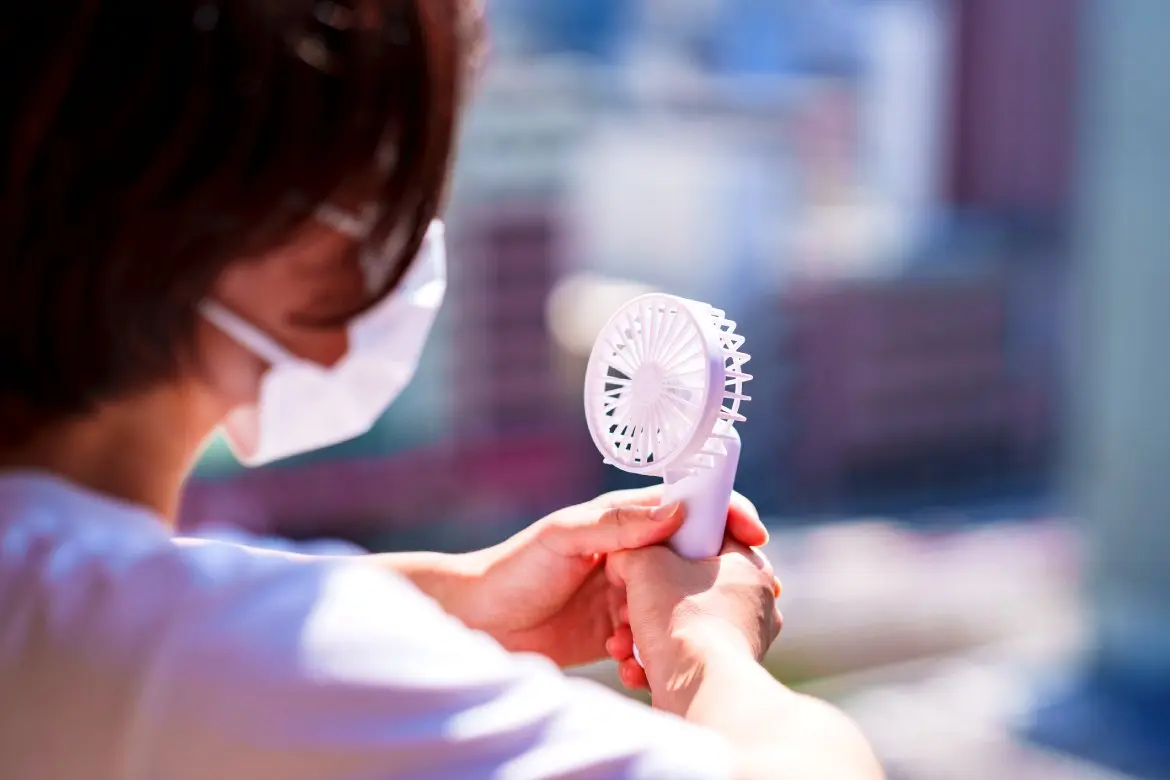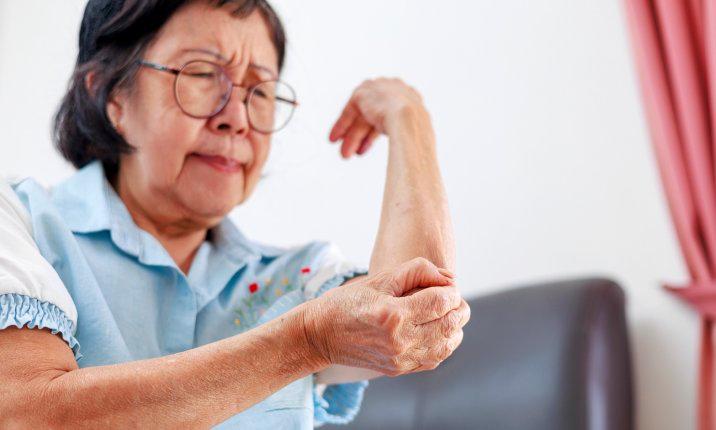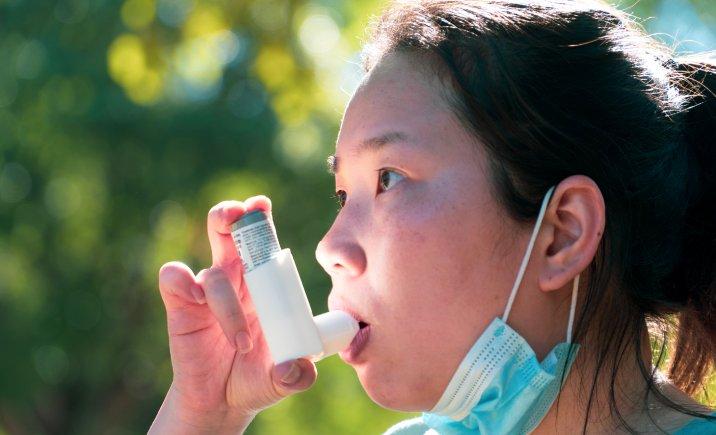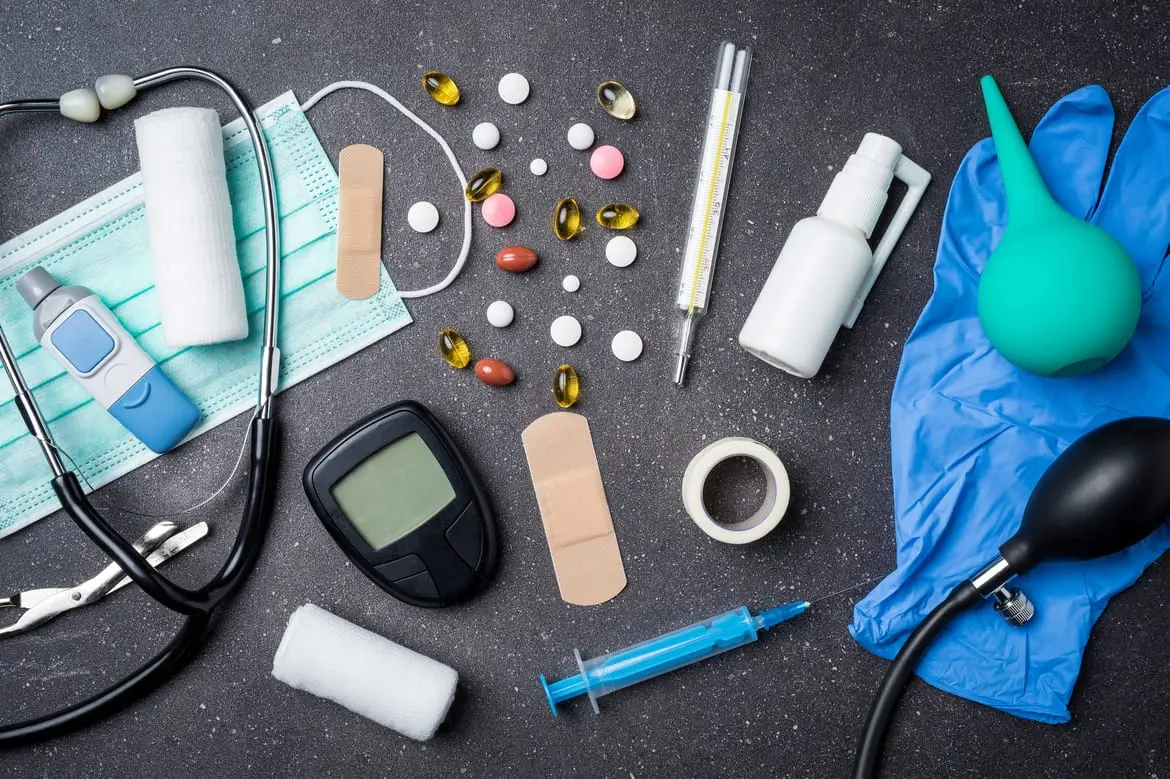High levels of heat and humidity are considered normal in Singapore but instances of extreme weather can result in prolonged periods of intense heat. As this could pose a threat to those with chronic medical conditions, it’s important to know how to protect yourself and your loved ones.
Excessive heat can disrupt our body’s ability to regulate internal temperature, leading to heat-related illnesses. These can range from heat rash (commonly known as prickly heat) to heat exhaustion, resulting from excessive sweating and dehydration. In severe cases, prolonged exposure to intense heat can cause life-threatening heat stroke.
Heat-related illnesses can affect anyone, regardless of age or health status. However, they can be more severe for those who have chronic health conditions like heart and lung disease or those who are overweight or obese. This increased risk is due to both physiological factors and the impact of certain medications.
For example, those who are overweight or obese retain heat more easily, while those with respiratory conditions like asthma or COPD may be more vulnerable to changes in air quality. Autoimmune conditions like rheumatoid arthritis (RA) can worsen in hot weather, and some heart medications, such as diuretics and beta blockers, can heighten sensitivity to heat.
As the global population grows and ages, more people are affected by these conditions. Therefore, it is crucial for patients to be well-informed and empowered to manage their health effectively in hot weather.
Be sure to work closely with your doctor to understand the effect of heat on your health and take extra care to manage conditions such as:
Autoimmune conditions like rheumatoid arthritis and lupus
Symptoms of rheumatoid arthritis and lupus such as fatigue, muscle aches and joint pain can get worse with exposure to heat and UV rays. It is best to stay indoors during the hottest times of the day and, if you must go out, wear loose fitting clothing that covers your arms and legs and use a broad-spectrum sunblock.
Gout
Higher temperatures are associated with a 40% higher risk of a gout attack, with common symptoms such as severe pain and joint swelling being triggered by dehydration.
Heart disease and metabolic syndrome
Individuals with heart disease are at a higher risk of heat-related illness due to increased perspiration in hot weather, leading to greater fluid loss and reduced blood volume. This places extra strain on the heart, emphasising the importance of staying cool.
Moreover, metabolic syndrome, comprising diabetes, hypertension, and high cholesterol, elevates the risk of heart disease. Certain medications used to treat these conditions, like sodium-glucose co-transporter 2 (SGLT) inhibitors, diuretics and beta blockers, can also increase dehydration risk. If you have these conditions, consult your doctor for tailored advice on managing your heart health, including fluid intake and medication adjustments.
Kidney disease
When temperatures rise, our bodies naturally produce more sweat to regulate temperature. However, failing to replenish lost fluids through sweating can result in dehydration, putting additional stress on the kidneys, which require adequate hydration to effectively filter waste from the body. Prolonged or chronic dehydration may ultimately lead to kidney damage and the development of chronic kidney disease.
Mental health and mood disorders
Hot weather can be hard for anyone to bear as it can make it more difficult to concentrate during the day or get a good night’s sleep. However, it can be even more challenging for those suffering from anxiety or mood disorders like bipolar disorder and depression. As some studies show a higher rate of hospitalisation among those with certain mental health difficulties during heatwaves, it is important to take extra care to stay cool, be disciplined about treatment and speak to your doctor if you are struggling during unusually hot periods.
Migraines
Dehydration, excessive heat and brightness can trigger attacks, so stay hydrated and protect yourself from heat and the sun’s glare with a hat, umbrella and sunglasses. It may also help to avoid or reduce alcohol and caffeine intake as these are diuretics which can contribute to dehydration.
Multiple sclerosis
Symptoms like vision problems, weakness and pain can get worse in heat so take extra precautions to stay in a cooling environment.
Respiratory conditions like asthma and chronic obstructive pulmonary disease
Poor air quality during heatwaves can irritate the airways, cause breathing difficulties and make symptoms worse. Remember to take your medication as advised so that your condition is managed well, and ask your doctor for advice on how to manage acute attacks.
How to stay cool and safe in extremely hot weather
Overall, it is beneficial for everyone to take protective measures during heatwaves and you can do so by limiting your outdoor activities to mornings and evenings when it is cooler, and staying indoors during the hottest parts of the day. If you must be outdoors, dress in lightweight, loose-fitting and light-coloured clothing with a hat and sunglasses, and take frequent breaks in the shade.
You should also exercise with care – if you feel short of breath or lightheaded, or if your heart is pounding erratically, you should stop immediately. Be sure to drink more water, and take less sugary or alcoholic drinks which can be dehydrating. If you look after young children, older persons and/or pets, be sure to practice the same protective care for them as well.
Lastly, be on alert for warning signs that require medical attention. A person suffering from heat exhaustion is likely to experience nausea, dizziness, headache, weakness or confusion, while heat stroke is a medical emergency marked by slurred speech, seizure, and loss of consciousness.
What is Healthier SG?
Healthier SG is a national initiative by the Ministry of Health (MOH) that promotes accessible and affordable preventive care, empowering Singaporeans to live longer, healthier lives. Parkway Shenton clinics are registered Healthier SG clinics.
By enrolling with Parkway Shenton, you automatically become a member of the Parkway Plus programme, which gives you access to member rates on health screenings, vaccinations, and medical services at our clinics.
Start your Healthier SG journey today using your HealthHub app (see the FAQs here). For enquiries or assistance with Parkway Plus or Healthier SG enrolment, call our Healthier SG helpline at 6233 9620.















